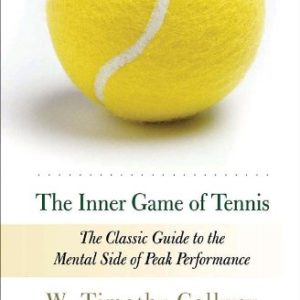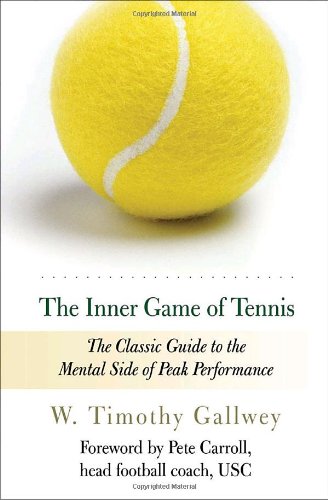
Confession: I am  very judgmental. Let me set the stage for you. I was on the tennis court recently taking a lesson on my forehand. Even though I’m actually a pretty good tennis player, I CAN get a little obsessive about trying to do things the RIGHT way. I can get really frustrated with myself and think, “What’s wrong with me? Why can’t I get it?” Greg, my tennis guy, kind of chuckles when I send him a frantic text about how I’ve GOT to have a lesson on my forehand because it’s just not working. Basically, I’ve been telling him this for years. Every summer I’m like, I am going to master this baby once and for all. I’m going to have the best forehand and serve return ever and then I’ll finally be the kind of player I’ve always wanted to be.
very judgmental. Let me set the stage for you. I was on the tennis court recently taking a lesson on my forehand. Even though I’m actually a pretty good tennis player, I CAN get a little obsessive about trying to do things the RIGHT way. I can get really frustrated with myself and think, “What’s wrong with me? Why can’t I get it?” Greg, my tennis guy, kind of chuckles when I send him a frantic text about how I’ve GOT to have a lesson on my forehand because it’s just not working. Basically, I’ve been telling him this for years. Every summer I’m like, I am going to master this baby once and for all. I’m going to have the best forehand and serve return ever and then I’ll finally be the kind of player I’ve always wanted to be.
So there I was out on the court on a hot day this past July with Greg, and I was focusing on my technique so much so that my arm was stiff and tense to the point that it was killing me. My face grimaced as I watched my balls fly out or into the net. And then Greg suddenly stopped feeding me balls and simply said, “Jenny, don’t pose at the end of every stroke and watch where the ball lands, judging every shot. You’re going to make good shots AND bad shots. Just hit and THEN get ready for the next ball. No posing!” So I did. And this kind of amazing thing happened. As I stopped posing and instead moved through the shot getting ready for the next one, my body felt more fluid and relaxed, my shots started getting better, AND I was even enjoying myself. I wasn’t thinking about whether I had made a good or bad shot, or, in turn, whether I was a good or bad player (like when my inner voice says, “You suck, Jen”). Instead I was out of my head and into the game and surprising myself with my ability to just react to whatever shot came back at me.
It was exactly like what Tim Gallwey talks about in his transformative book, The Inner Game of Tennis, which might as well be called The Inner Game of Life, so apt is it in its analyses and recommended strategies for overcoming our inner demons. In his chapter titled “Letting Go of Judgment,” Gallwey writes:
“It is interesting to see how the judgmental mind extends itself. It may begin by complaining, ‘What a lousy serve,’ then extend to, ‘I’m serving badly today.’ After a few more ‘bad’ serves, the judgment may become further extended to ‘I have a terrible serve.’ Then, ‘I’m a lousy tennis player,’ and finally, ‘I’m no good.’”
Do you ever feel like a book is talking directly to you? My recent experience with Greg coupled with Gallwey’s words made me start thinking about how often in life we get in our OWN way of developing our full potential because we judge ourselves, and these judgments often become self-fulfilling prophecies. As Gallwey points out, “When asked to give up making judgments about one’s game, the judgmental mind usually protests, ‘Do you expect me to ignore my faults and pretend my game is fine?’” (OMG. That’s me!) Gallwey says, “Be clear about this: letting go of judgments does not mean ignoring errors. It simply means seeing events as they are and not adding anything to them.”
I love that. Seeing things as they are and not adding anything to them. What a great approach to life. Because let’s face it, there are going to be good shots and bad shots. Good days and bad days. Our job is to keep putting ourselves out there, judgment free, ready for the next “shot” that comes our way.
Tiny Tip: Stop posing, and get into the game. Complement this with the new book, Late to the Ball: Age. Learn. Fight. Love. Play Tennis. Win. by Gerald Marzorati.
Leave a Reply